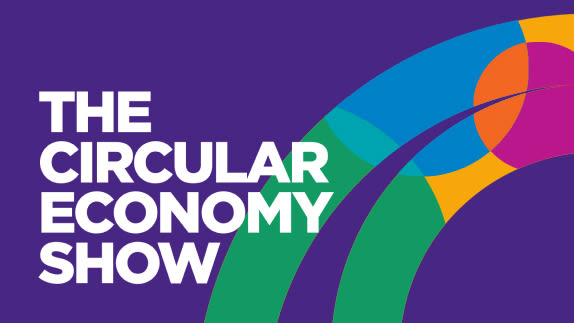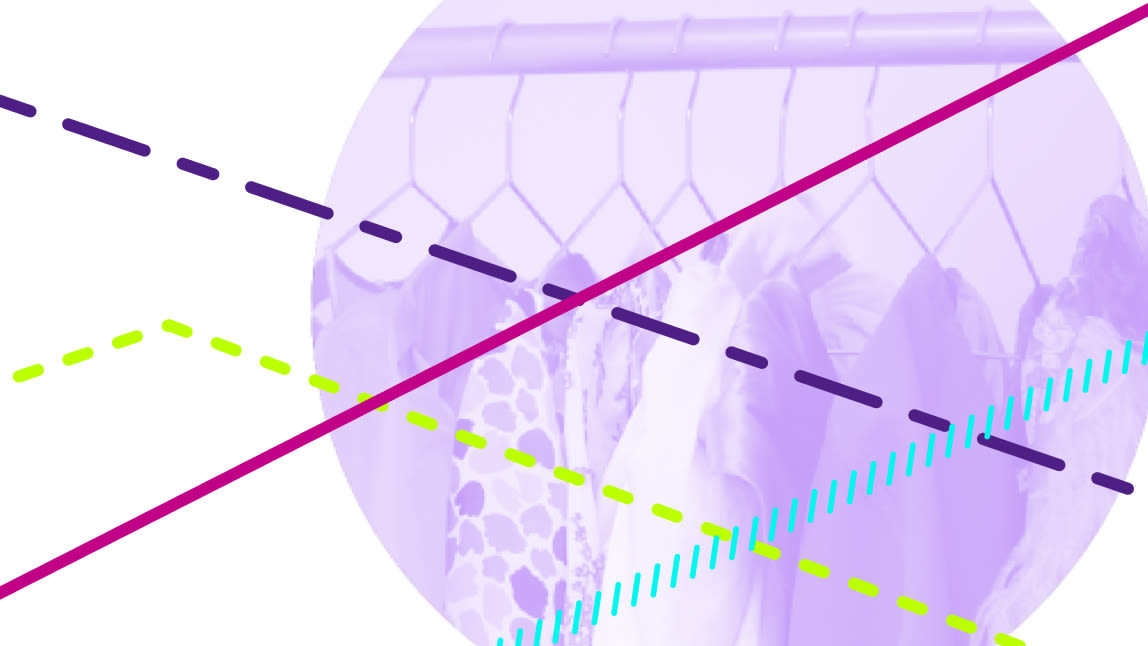The textiles industry remains anchored in the linear take-make-waste economy. According to the European Environment Agency, the sector has the fourth most significant impact on primary resource materials and water after food, housing and transport. The Ellen MacArthur Foundation has recently set out five universal circular economycircular economyA systems solution framework that tackles global challenges like climate change, biodiversity loss, waste, and pollution. It is based on three principles, driven by design: eliminate waste and pollution, circulate products and materials (at their highest value), and regenerate nature. policy goals around which governments and businesses can align to scale the circular economy. One goal is to ‘make the economics work’ by creating economic incentives and setting regulatory requirements that enable circular economy business models (such as resale, rental and repairrepairOperation by which a faulty or broken product or component is returned back to a usable state to fulfil its intended use.) to become the norm rather than the exception. How can this be achieved in the fashion and textiles sector? In this episode, we'll hear from the European Commission, the European Environment Agency, and the Swedish Environmental Protection Agency, who will share their perspectives on the enabling role of policy to increase the adoption of circular business models.

Ep 60: Circular business models: Making the economics work
Published on
News and updates fromThe Ellen MacArthur Foundation
Click to subscribeThe Ellen MacArthur Foundation works to accelerate the transition to a circular economy. We develop and promote the idea of a circular economy, and work with business, academia, policymakers, and institutions to mobilise systems solutions at scale, globally.
Charity Registration No. (England and Wales): 1130306
OSCR Registration No. (Scotland): SC043120
Company No.: 6897785
Ellen MacArthur Foundation ANBI RSIN (Netherlands): 8257 45 925
The work of the Ellen MacArthur Foundation is supported by our Strategic Partners and Partners.
© Ellen MacArthur Foundation




